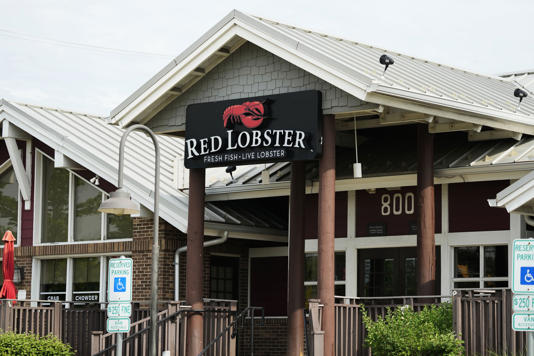Featured
article
- Get link
- X
- Other Apps
Red Lobster Files for Bankruptcy Protection After Closing Several Restaurants
Red Lobster, the beloved casual dining chain known for its seafood offerings, has filed for Chapter 11 bankruptcy protection. This move comes just days after the company shuttered dozens of its restaurants across the United States. Let’s delve into the details of this development.
Financial Struggles and Restructuring
Red Lobster has been grappling with financial challenges, including rising lease and labor costs, as well as increasing competition from fast-casual chains like Chipotle. The iconic all-you-can-eat shrimp deal, once a popular promotion, also contributed to the strain on the company’s finances. Ludovic Garnier, the chief financial officer of Thai Union Group (Red Lobster’s former co-owner), acknowledged that while the $20 Ultimate Endless Shrimp promotion attracted more restaurant traffic, it didn’t yield substantial profits.
The Path Forward
In an effort to address these challenges, Red Lobster has taken the step of seeking bankruptcy protection. The company plans to streamline its operations, close underperforming restaurants, and explore a potential sale. As part of this process, Red Lobster has entered into a “stalking horse” agreement, indicating its intention to sell the business to an entity controlled by its lenders.
A Brief History
Founded by Bill Darden in 1968, Red Lobster aimed to make seafood restaurants accessible and affordable for families. General Mills acquired the chain in 1970 and later spun it off as a separate company in 1995. Over the years, Red Lobster has delighted diners with dishes like popcorn shrimp and its famous “endless” seafood deals.
Recent Closures
The recent closures have affected Red Lobster locations across multiple states, including Alabama, California, Florida, Georgia, Idaho, Illinois, Indiana, Iowa, Kansas, Louisiana, Maryland, Mississippi, Missouri, New Jersey, New York, North Carolina, North Dakota, Oklahoma, Pennsylvania, South Carolina, Tennessee, Texas, Virginia, and Washington. These closures represent just over 1% of the chain’s approximately 670 domestic units.
While the situation is challenging, Red Lobster remains committed to emerging stronger from this restructuring process. The company’s CEO, Jonathan Tibus, expressed optimism about the path forward, emphasizing the need to address financial and operational hurdles.
As Red Lobster navigates these waters, seafood enthusiasts and loyal patrons hope for a successful turnaround that preserves the essence of this beloved dining experience.
Popular Posts
Trump's Six Words: "I'm Going to Stop the Wars"
- Get link
- X
- Other Apps
Smart Savings for a Sharp School Start: Canadian Parents’ 2025 Guide
- Get link
- X
- Other Apps




Comments
Post a Comment